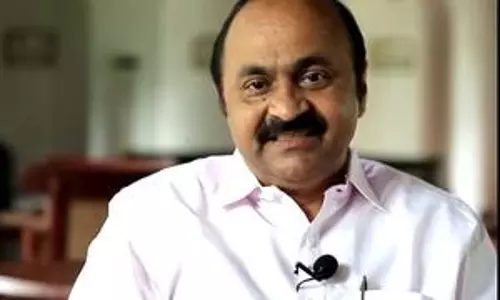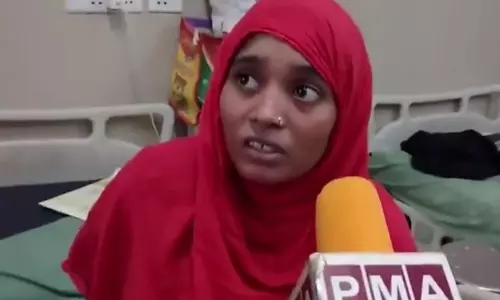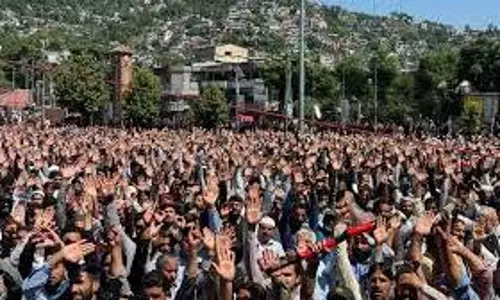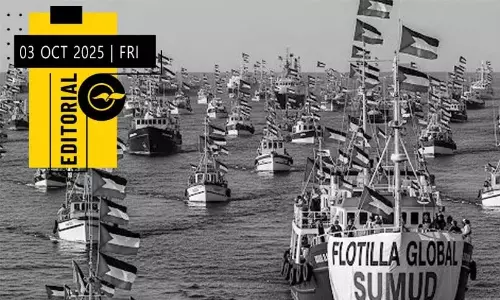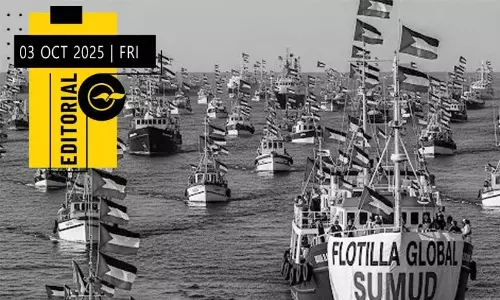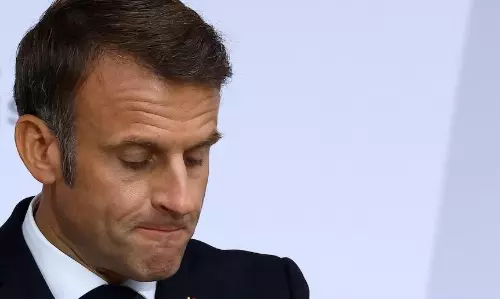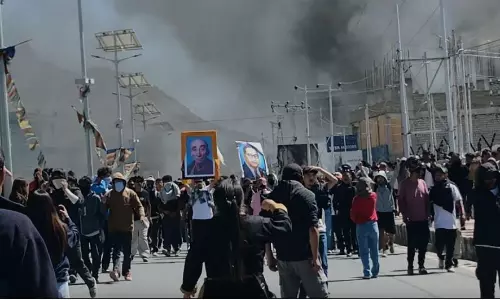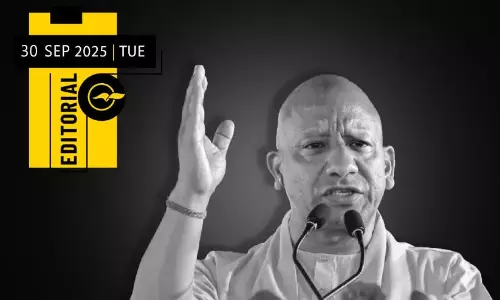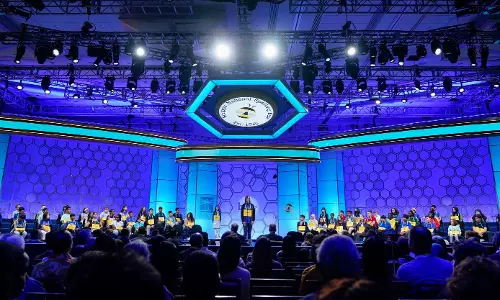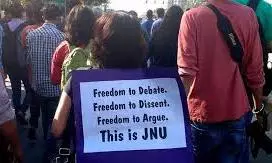
Academic freedom is shrinking in India: report
text_fieldsBoth authoritarian and democratic governments are increasingly restricting universities and academic freedom through violent crackdowns, political interference, and restrictive policies.
A new global report by Scholars at Risk (SAR) has warned of a deepening crisis.
The report, Free to Think 2025, documented 395 attacks on higher education communities across 49 countries between July 2024 and June 2025.
SAR said India has become a key example of how academic freedom is shrinking, with universities and political groups curbing free expression on campuses. Many institutions now require prior approval for protests and discussions, while police action against student demonstrations has become more frequent.
The report highlighted incidents such as the assault on Professor Chengaiah, a Dalit rights advocate at Sri Venkateswara University, by Hindu nationalist groups, and the cancellation of seminars at Jawaharlal Nehru University under political pressure. In Udaipur, a film festival was disrupted and shut down by members of the Rashtriya Swayamsevak Sangh.
While authoritarian states remain hotspots of violent crackdowns, SAR said democracies are also adopting restrictive measures.
In the United States, new federal policies since January 2025 have reshaped higher education through grant cancellations on ideological grounds, cuts to diversity and equity programs, and efforts to detain non-citizen scholars. The report noted that these actions represent the first time a major research power has voluntarily dismantled its scientific infrastructure.
Globally, the 2025 Academic Freedom Index reported worsening conditions in 36 countries, including India, Russia, Turkey, Germany, and the US.
SAR cautioned that declining reports in countries such as Myanmar often reflect harsher repression, not improvement.
The report stressed that defending universities is inseparable from defending democracy, urging governments and institutions to adopt formal protections for academic freedom and reject the notion that critical discourse equates to disloyalty.




